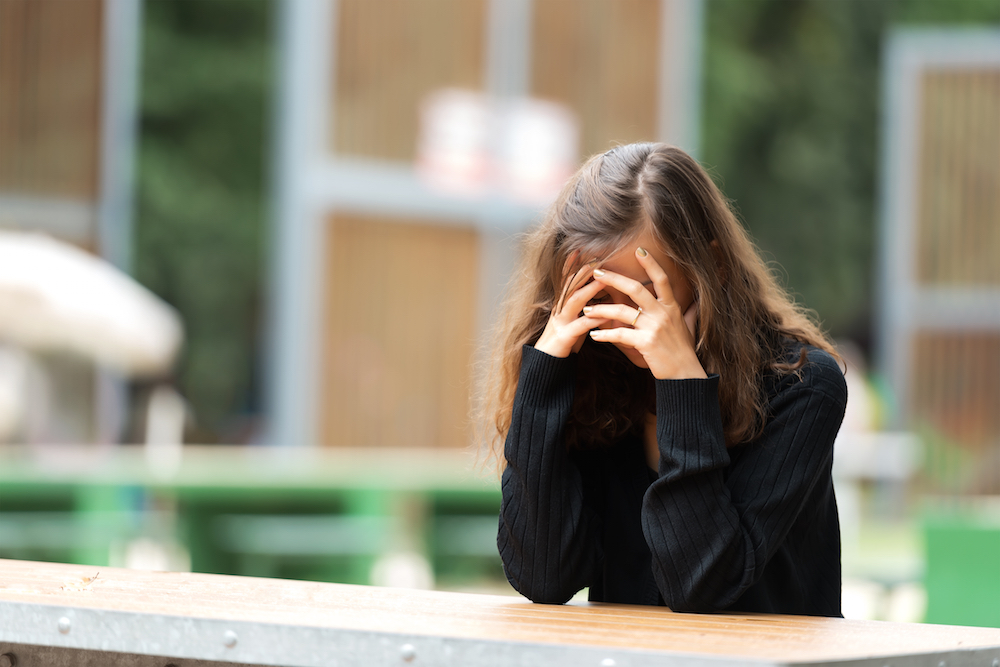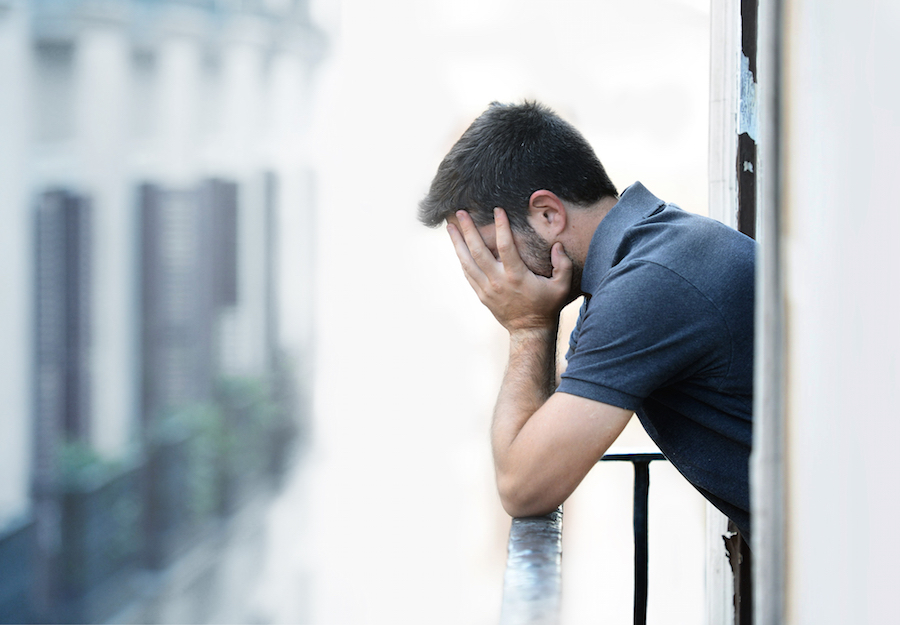Changing People, Places, and Things

If you are new to recovery from a substance use disorder, one of the first pieces of advice you will hear is that you need to change “people, places, and things.” People, places, and things refer to triggers that must be avoided to prevent a relapse. These triggers will vary depend on previous behaviors and memories, so keep in mind that triggers are unique to each individual.
Types of Relapse Triggers
The following information can help you identify people, places, and things that you need to change in order to benefit your recovery, and how counseling may be able to help you avoid triggers.
People
This category includes people you used to drink or get high with, as well as drug dealers. It is beneficial to block these people’s phone numbers so that they cannot get in touch with you. In this day and age, blocking them on social media like Facebook, Instagram, and Snapchat is important as well. In order to decrease temptation to contact these people if you are having a craving, delete their contact information from your phone after you block their phone number.
Other people who can fall into this category include anyone who does not support or respect your recovery. This could be the significant other who gets mad at you for going to a 12-step meeting every night, or the friend who continues to ask you for drugs even though you have made it clear you are sober.
A counselor can work with you to identify boundaries you can set in these relationships to prevent a relapse.
Places
Places where drugs were available or where you used are common triggers that should be avoided in order to maintain sobriety. These could include certain parking lots or restaurant bathrooms. Some people have to take a detour from their usual route to work to avoid these places.
One place that often cannot be avoided is your home and bedroom. If you used to use substances in your room, talk with your family about moving bedrooms or rearranging your room so that it doesn’t look the same as it did when you used to use drugs there. Another way to avoid the trigger of one’s home includes going to a recovery house, also sometimes referred to as sober living.
Things
Typically when clients think of triggers that fall into this category, they identify triggers they associated with their drug use. These include rolled up dollar bills, straws, tampon applicators, syringes, belts, shoestrings, and spoons.
It’s important to point out that thoughts and emotions also fall into this category. Thoughts that can trigger relapses include self-defeating messages like, “I’ll never be able to stay sober. I’m a screw up.” Emotions that can trigger relapse include fear, anger, sadness, depression, anxiety, stress, and even happiness.
Counseling to Prevent Relapse
If you recognize that some of the people, places, and things described above are triggers for you, you may benefit from working with a counselor to help you develop coping skills. Coping skills are tools that can be implemented to prevent a relapse. Counselors can help you identify and implement boundaries with people who do not respect or support your recovery. They can also help you locate recovery houses to avoid places that trigger you. Counselors are able to teach you skills to combat irrational and defeating self-talk.
Counselors or therapists provide a safe space for you to talk about feelings and emotions so you are prepared for circumstances that may make you want to use again. Additionally, counselors have many suggestions for dealing with triggering emotions in a safe and healthy way.
Most importantly, remember that recovery is an ongoing journey. If you would like to learn healthy coping skills for addressing people, places, and things, contact Pyramid Healthcare to set up an appointment with a counselor today.
Written by Shaylyn Forte, LPC, CAADC
If you are new to recovery from a substance use disorder, one of the first pieces of advice you will hear is that you need to change “people, places, and things.” People, places, and things refer to triggers that must be avoided to prevent a relapse. These triggers will vary depend on previous behaviors and memories, so keep in mind that triggers are unique to each individual.
Types of Relapse Triggers
The following information can help you identify people, places, and things that you need to change in order to benefit your recovery, and how counseling may be able to help you avoid triggers.
People
This category includes people you used to drink or get high with, as well as drug dealers. It is beneficial to block these people’s phone numbers so that they cannot get in touch with you. In this day and age, blocking them on social media like Facebook, Instagram, and Snapchat is important as well. In order to decrease temptation to contact these people if you are having a craving, delete their contact information from your phone after you block their phone number.
Other people who can fall into this category include anyone who does not support or respect your recovery. This could be the significant other who gets mad at you for going to a 12-step meeting every night, or the friend who continues to ask you for drugs even though you have made it clear you are sober.
A counselor can work with you to identify boundaries you can set in these relationships to prevent a relapse.
Places
Places where drugs were available or where you used are common triggers that should be avoided in order to maintain sobriety. These could include certain parking lots or restaurant bathrooms. Some people have to take a detour from their usual route to work to avoid these places.
One place that often cannot be avoided is your home and bedroom. If you used to use substances in your room, talk with your family about moving bedrooms or rearranging your room so that it doesn’t look the same as it did when you used to use drugs there. Another way to avoid the trigger of one’s home includes going to a recovery house, also sometimes referred to as sober living.
Things
Typically when clients think of triggers that fall into this category, they identify triggers they associated with their drug use. These include rolled up dollar bills, straws, tampon applicators, syringes, belts, shoestrings, and spoons.
It’s important to point out that thoughts and emotions also fall into this category. Thoughts that can trigger relapses include self-defeating messages like, “I’ll never be able to stay sober. I’m a screw up.” Emotions that can trigger relapse include fear, anger, sadness, depression, anxiety, stress, and even happiness.
Counseling to Prevent Relapse
If you recognize that some of the people, places, and things described above are triggers for you, you may benefit from working with a counselor to help you develop coping skills. Coping skills are tools that can be implemented to prevent a relapse. Counselors can help you identify and implement boundaries with people who do not respect or support your recovery. They can also help you locate recovery houses to avoid places that trigger you. Counselors are able to teach you skills to combat irrational and defeating self-talk.
Counselors or therapists provide a safe space for you to talk about feelings and emotions so you are prepared for circumstances that may make you want to use again. Additionally, counselors have many suggestions for dealing with triggering emotions in a safe and healthy way.
Most importantly, remember that recovery is an ongoing journey. If you would like to learn healthy coping skills for addressing people, places, and things, contact Pyramid Healthcare to set up an appointment with a counselor today.
Written by Shaylyn Forte, LPC, CAADC







